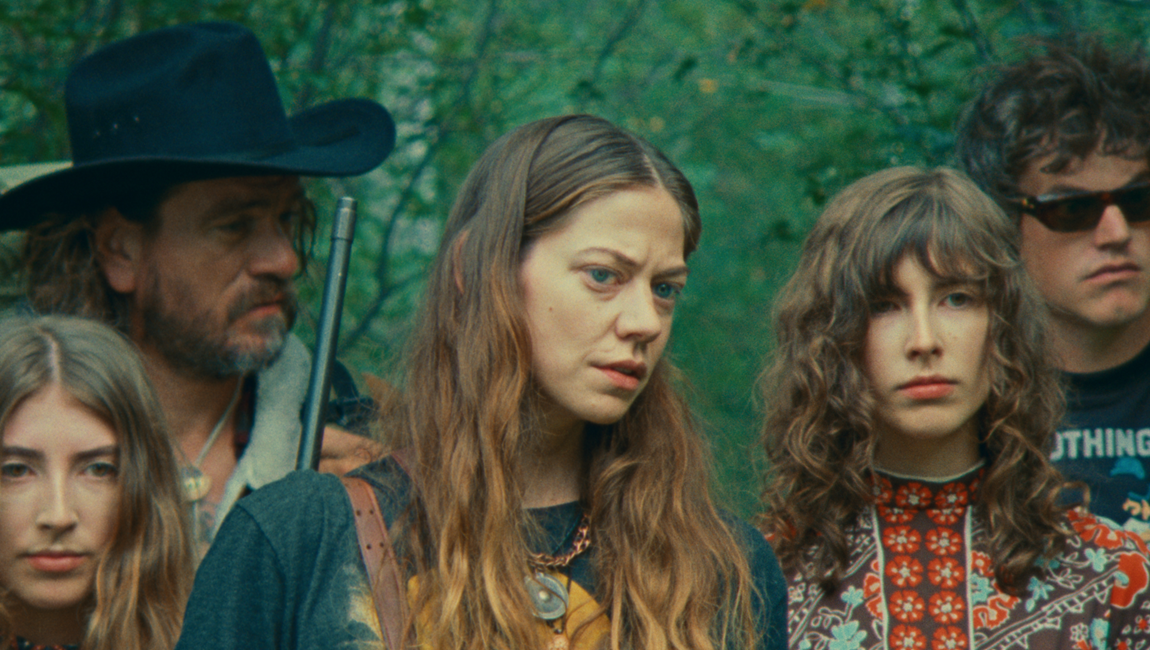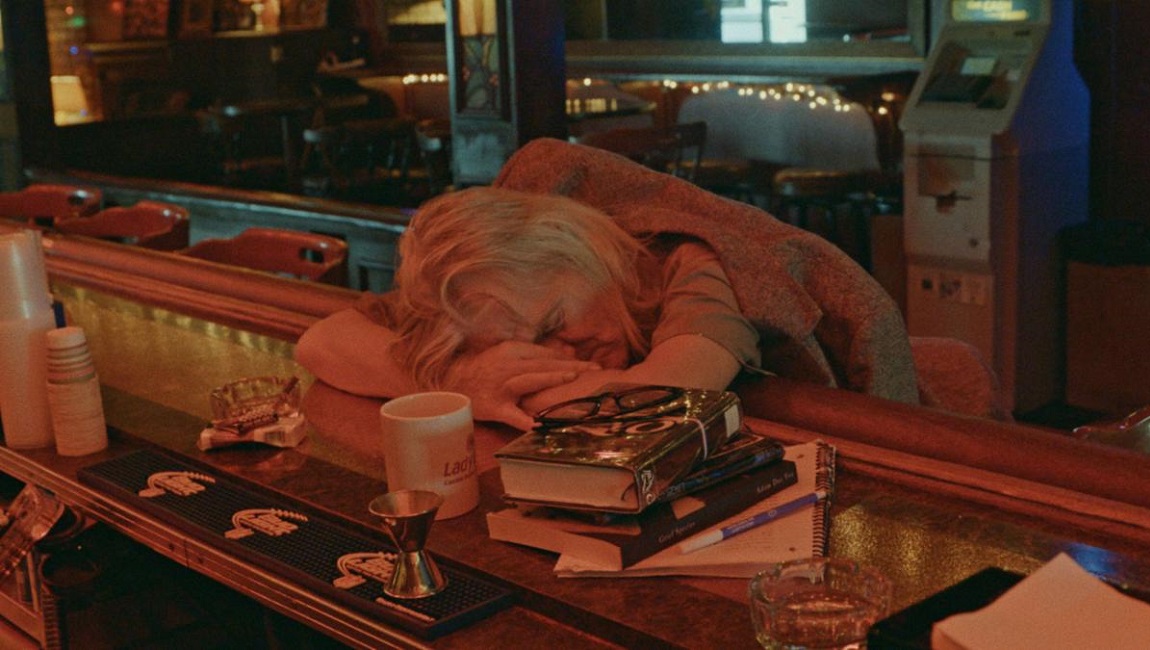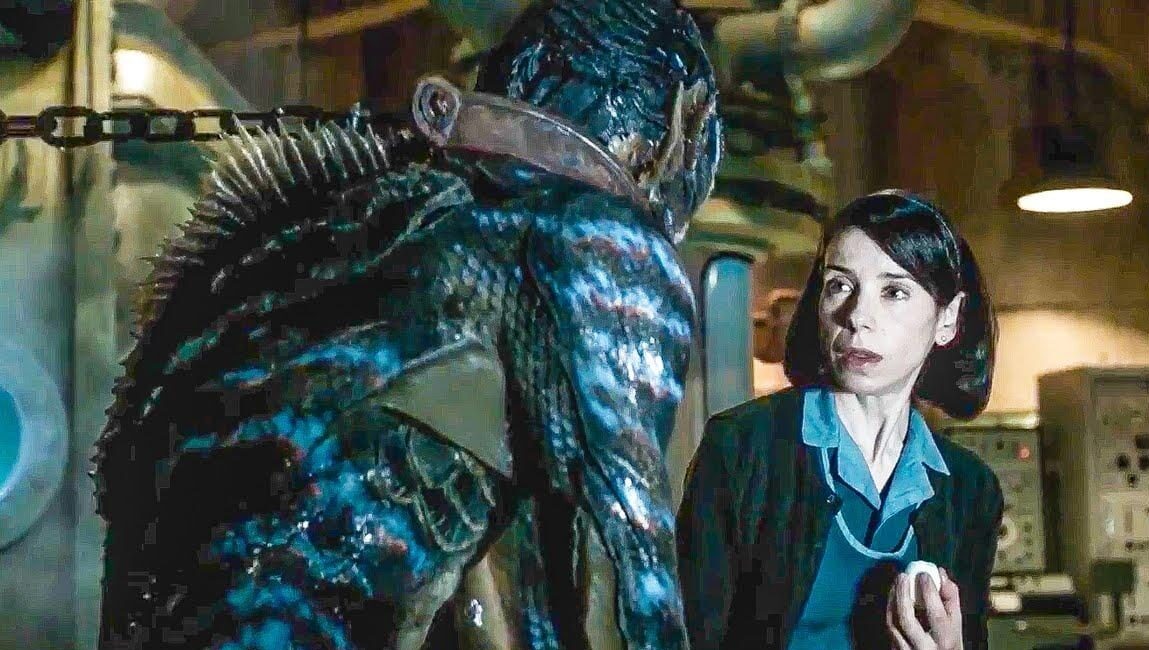Where do irony and sincerity stand today, both with respect to each other and to the cultural scene at large? A litmus test for endorsing either comes in the fairytale, whose medium offers two disparate ways of looking at the world. Conceived and written by adults for children’s educational and moralizing purposes, the fairytale is largely viewed with smug skepticism by the former group; at the very least, it isn’t taken too seriously. With children, however, the hope is that the magic and mysticism of fantasy will prove effective in engendering either sincere belief or the compulsion to do so, for belief precedes obeisance and thus socialization. But it doesn’t quite help to think along such dichotomous lines in a time when the currency of the fairytale has, for some, been inverted on its head. Kids no longer have the need for Santa or the brothers Grimm; grown-ups, increasingly infantilized, yearn for misplaced nostalgia and cottagecore. Has too much of one precipitated desire for the other?
It’s hard to fault those who answer in the affirmative, and harder to deny the cynicism of big studios who actively champion and enforce the ideals of fantasy — Netflix’s Stranger Things as a case in point — stretching into delusion. Yet it may be premature to impose the corollary that fairytales today are either gratingly self-aware or cloyingly innocent. (Damned if you do, damned if you don’t.) What’s notable about the lukewarm reception to Weston Razooli’s feature debut, Riddle of Fire, is an ambivalence among the top trades regarding the fairytale’s faults: The Hollywood Reporter criticizes Razooli for turning his characters “into props for ideas — about youthful innocence and misbehavior — rather than allowing them to become lived-in characters,” while over at IndieWire the film is lauded for “tak[ing] the seriousness of its quest to heart,” until it verges on the “terminally self-amused.” Both reviews recognize the effect the director ostensibly is going for: namely, a kind of whimsical throwback to childhood where magic and the real world co-exist; both reviews also affix overly rigid definitions of what such a throwback should entail onto their appraisal of the film.
The key to unpacking Riddle of Fire lies, perhaps, in its title. A riddle suggests a problem waiting to be solved, and summarizes the film’s narrative well enough; fire, giver of life and bringer of death, remains an enigmatic presence for now. The universe within which the film is set appears simultaneously anachronistic and coherent, cribbed from the imaginaries of elven lore whilst retaining some semblance of technological modernity (e.g., cellphones, futuristic gamesets, online shopping). For Hazel (Charlie Stover), his younger brother Jodie (Skyler Peters), and their friend Alice (Phoebe Ferro), this world is their oyster, and they would like nothing better than to embark on perpetual adventure within it. Having pulled off a daring warehouse heist to steal a video game console called the Otomo Angel, the trio — self-christened as the Three Immortal Reptiles, whom we first see assembling their ammunition with wordless stoicism — ride home on their pit bikes, only to discover that Hazel and Jodie’s mother, Julie (Danielle Hoetmer), has password-locked their television.
It’s a trivial, almost anodyne obstacle considering the rugged façade of our protagonists, who we soon learn have no father figure in their lives and are left mostly to their own devices, sporting paintball guns and a devil-may-care attitude toward using them. Julie, bedridden from a summer cold, has little jurisdiction over these kids, but she sets them the task of getting a blueberry pie from the local bakery in exchange for the password, an offer they gladly take up. But the baker has come down with a cold as well, and she too demands something in exchange for the recipe to her coveted creation. After volleying from place to place and getting comically enmeshed in stakes of their own creation, an end goal is in sight: a lone speckled egg as recommended, but not mandated, by the recipe. To Hazel, Alice, and Jodie however, no request is too inessential, no instruction not also a sacred injunction. Searching for the last box at the grocers, they inevitably get slighted by John Redrye (Charles Halford), a grown menace who snatches it away, intending the eggs for a campfire cookout that night.
True to the lore and mechanics of Riddle of Fire, the children do not simply give way to reality and go home, but hitch a ride secretly atop John’s truck, accompanied by the mysterious gang of outlaws to whom he belongs. Their leader is Anna-Freya Hollyhock (Lio Tipton), a sullen young witch; their name, the Enchanted Blade Gang, euphemism for organized and illegal poaching. Wits and witchcraft go just about hand in hand in the ensuing tussle between good and evil. There’s something quietly menacing about Anna-Freya’s demeanor and ability, holding the gang — including two twin sisters and a simpleton brother (Marty, played by Razooli) — under her spell most of the time, just as there’s something endearing about her daughter, Petal (Lorelei Olivia Mote), who’s told to stay home but sneaks out anyway, befriending the alleged enemy through displays of her own witching prowess. Insofar as the real and fantasy worlds don’t collide so much as they commingle, the film sets in motion a uniquely ambivalent take on the fairytale as a liminal zone between lively exertion and languid serenity.
This twofold characterization makes sense when we consider the viewer’s perspective, neither wholly privy to the interiority of childhood idealism nor desperate to be kept at arm’s length from it. In a nutshell, the film is both ironic and sincere, lending itself to both a reading of its eponymous fiery symbol as metaphor for creation and as creation proper. Shot on dreamy 16mm Kodak stock, Riddle of Fire enlists various technical talents — a woodsy, medieval score culled from both licensed and unlicensed sources; a sheen of alluring mystery courtesy of cinematographer Jake Mitchell; an idiosyncratic rhythm established by Razooli’s editing — and assembles from them a narrative unabashedly oneiric and moving. Perhaps we’re meant to recall in the showdown over speckled eggs our own childhood luster; perhaps we’re meant to witness, through the eyes of Hazel and Jodie’s mother, her dream and fantasy of unbridled innocence (this reading’s credence stems from the fact that Julie, throughout the shenanigans of day and night, is fast asleep, and wakes up just as the children return, with a surprise in tow). Either way, it’s worth recalling the exchange between the brothers when first encountering the nymph-like Petal in the forest: “I think she’s cursed.” “Maybe she’s blessed.” “Maybe she’s both.” Fairytales, ascribing to the world a simple morality, turn out to be much more complex when reenacted in this very world.
DIRECTOR: Weston Razooli; CAST: Lio Tipton, Charles Halford, Weston Razooli, Charlie Stover; DISTRIBUTOR: Yellow Veil Pictures; IN THEATERS: March 22; RUNTIME: 1 hr. 54 min.







